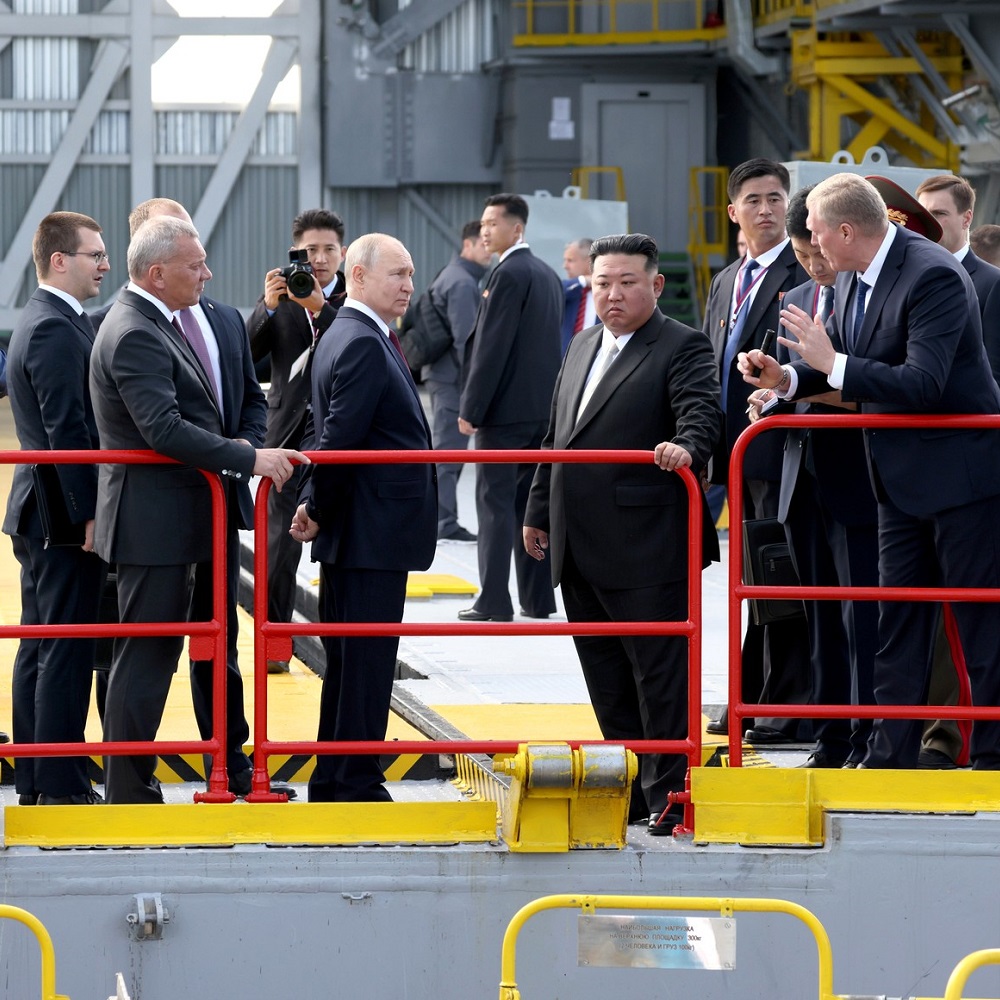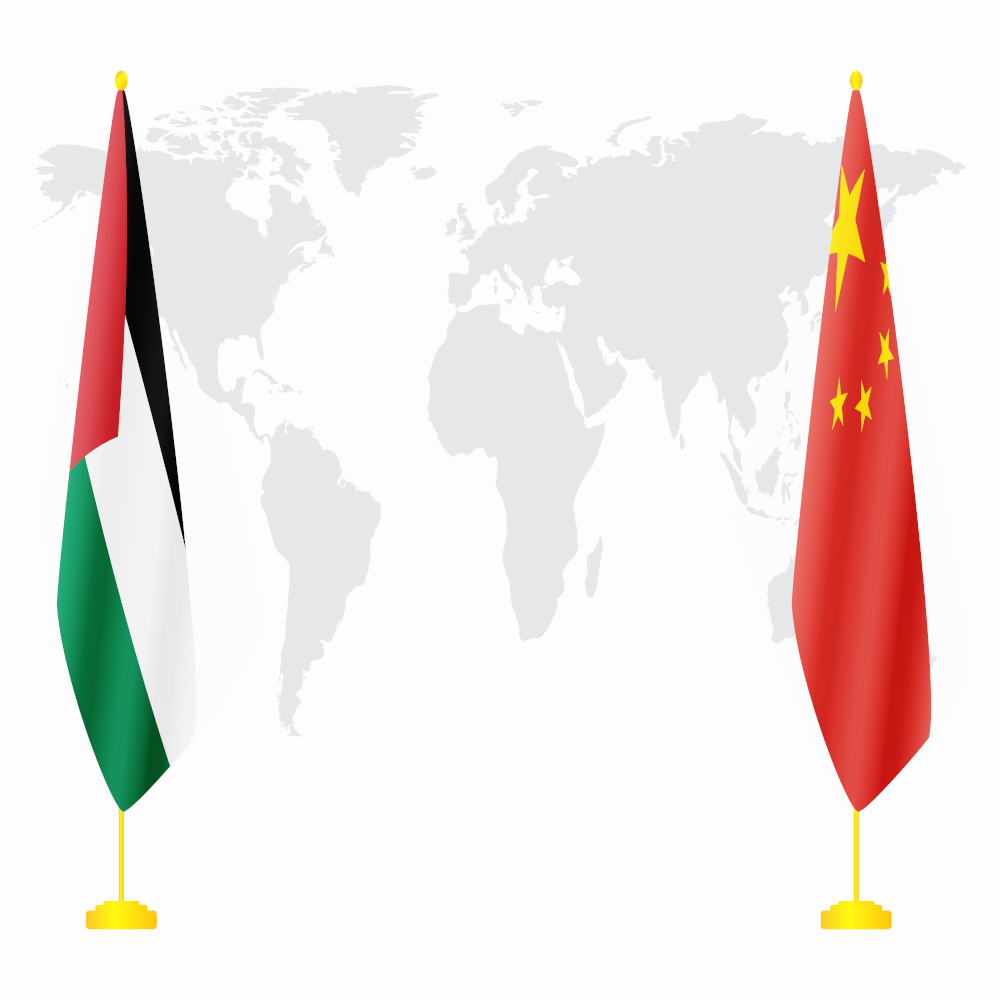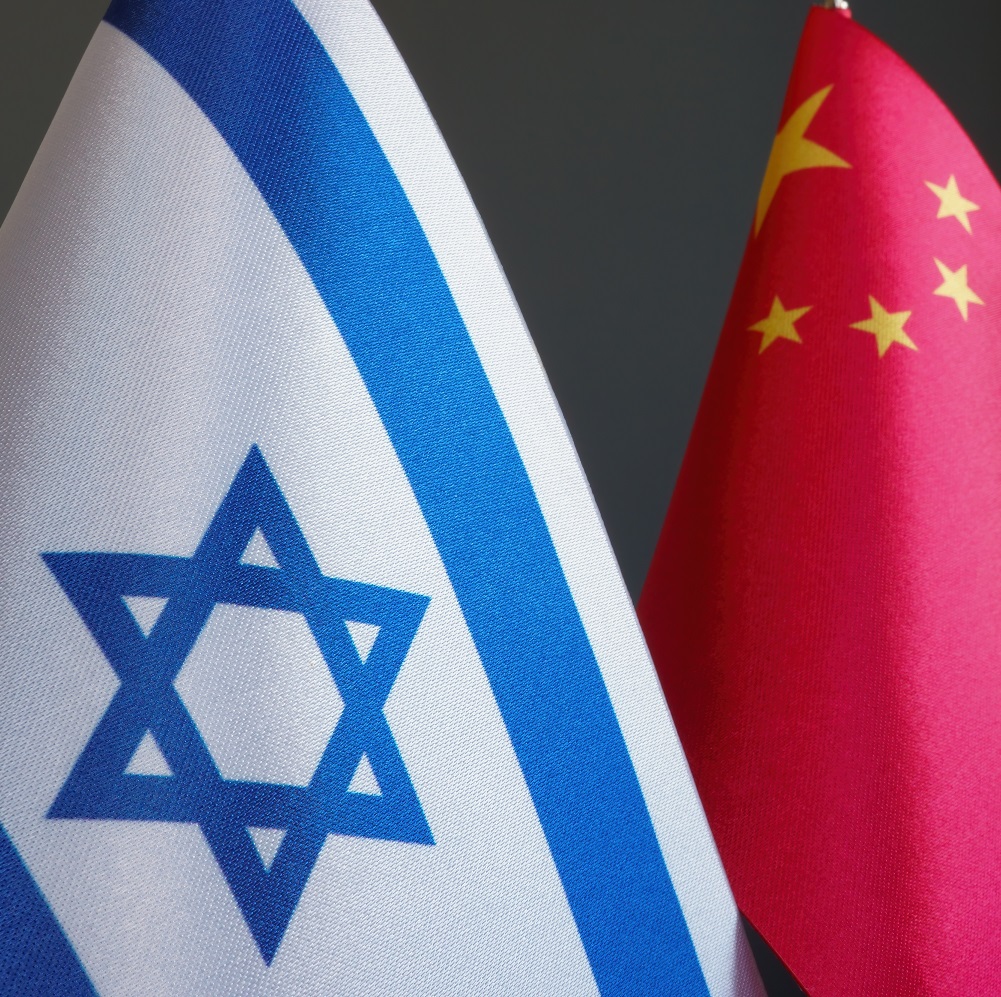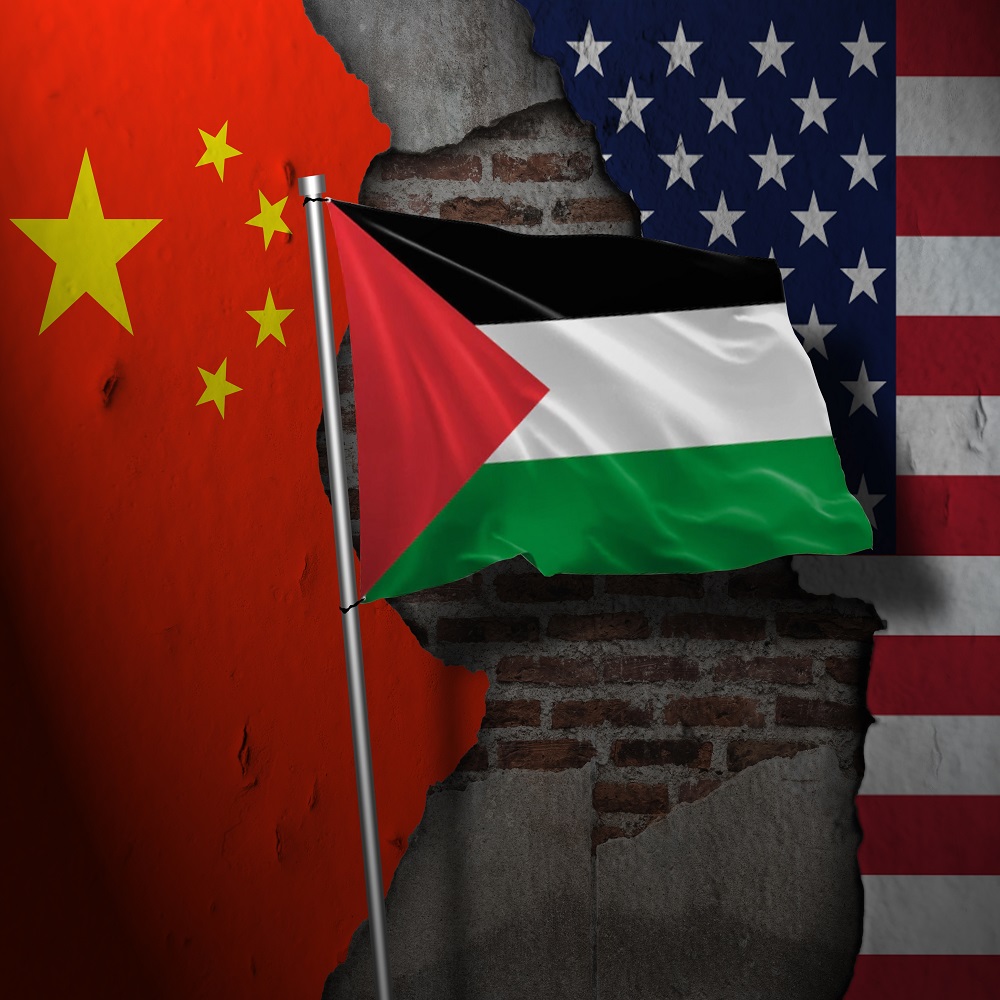
Ukraine recap: Putin love-in with Kim Jong-un contrasts with western disarray over peace plan
by Jonathan Este
한국어로 읽기Leer en españolIn Deutsch lesen Gap اقرأ بالعربيةLire en françaisЧитать на русском Hotfoot from signing a security pact with North Korea on Wednesday, Vladimir Putin has popped up in Vietnam, another of the few remaining countries where the Russian president is still welcome (or doesn’t face arrest under the war crimes warrant issued by the International Criminal Court last year). Here he was congratulated by the president, To Lam, for his election victory earlier this year and for maintaining stability and continuity in Russia. Putin, meanwhile, made much of the Soviet Union’s historical support for the Vietnamese people’s struggle for independence and unity from the 1950s to the 1970s, referring, without a hint of irony, to Vietnam’s “heroic struggle against foreign invaders”. The visit has been billed as part of Putin’s strategy to promote a new “multipolar” world order, free from US control. But it should be noted that the pragmatic Vietnamese have already hosted Joe Biden and Xi Jinping over the past nine months. Hanoi’s “bamboo diplomacy” depends on the country being “actively neutral” – with one eye on China, Vietnam has also upgraded relations with the US, Australia and South Korea in recent times. So, while there will be plenty of expressions of goodwill from Vietnam’s leadership, they are less likely to commit to anything more concrete as things stand. North Korea knows little of such diplomatic niceties, though, and has fewer choices when it comes to its friends. Very little detail has emerged of the new pact with Russia, except that it would require each country to come to the aid of the other if attacked. But it’s likely that close to the top of the agenda would have been Russia’s military requirements. North Korea’s supplies of artillery and ammunition are thought to have been vital in helping Russia overcome the harsh sanctions imposed by the US as well as Beijing’s unwillingness to directly provide arms for the war in Ukraine. Kim, in turn, wants Russian know-how when it comes to sophisticated military tech as well as economic support when it comes to feeding his country’s starving population. But warm relations between the two countries is nothing new. Official pronouncements emphasised the “traditionally friendly and good” relations between Russia and North Korea “based on the glorious traditions of common history”. For Kim, writes Robert Barnes, a senior lecturer in history at York St John University, this is something of a family affair which harks back to the 1930s when the North Korean leader’s grandfather Kim Il-sung was a relatively unknown Korean communist leading a small guerrilla band fighting the Japanese in Manchuria. Kim spent much of the second world war in the Soviet Union, where he joined the Red Army and rose to the rank of major. After the conflict, he was handpicked by Stalin to lead the Korean Workers’ party and then North Korea when it was established in 1948. The Korean war which followed almost led to a nuclear confrontation between the Soviet Union and the west. Hopefully, concludes Barnes, nothing as dramatic will result from this latest iteration of the relationship between the two countries. But pariah states such as North Korea aren’t the only countries where Putin can command a degree of support, if the recent European parliamentary elections are any guide. As Natasha Lindstaedt notes here, the rise of the far right in EU member states such as Germany, France, Slovakia, Hungary, Romania and Bulgaria is throwing up an increasingly powerful group that stands in opposition to EU support for Ukraine. It may seem counterintuitive that such an avowed anti-fascist as Putin is courting extreme right organisations such as Germany’s Alternative for Deutschland party (AfD) or Hungary’s Fidesz party. But Lindstaedt believes that leaders such as Hungary’s Viktor Orbán have shown little concern for the institutions of democracy – as shown by Hungary’s adoption of a similar foreign agents’ law which acts to curtail press freedom and the work of NGOs. She concudes: “Putin is seen by the far right as a strong and conservative leader that can defend himself against the liberal west, which is trying to undermine these values.” The west, meanwhile, remains divided over the manner and extent of its support for Ukraine. The good news for Kyiv is that the recent G7 meeting in Puglia, southern Italy, ended in an in-principle agreement to use the US$3 billion (£2.36 billion) interest from US$350 billion of Russian assets frozen in the western banking system to underwrite a US$50 billion loan to Ukraine. But Gregory Stiles and Hugo Dobson, experts in international relations at the University of Sheffield, sound a cautionary note suggesting that the details of how this will work are likely to take months to agree. Meanwhile, they write, five of the seven leaders – US president Joe Biden, France’s Emmanuel Macron, Canada’s Justin Trudeau, the UK’s Rishi Sunak and Japan’s Fumio Kishida – all face elections this year which none of them are guaranteed to survive. And, to take just one example, if Biden loses in November to Donald Trump, the likelihood of this deal proceeding becomes significantly reduced. Summit on peace Many of these leaders went on to Switzerland at the weekend for the Summit on Peace in Ukraine. Stefan Wolff, an expert in international security at the University of Birmingham, was following proceedings and concludes that it’s hard to judge the meeting an unqualified success. Out of 160 countries and international organisations invited, only 92 attended. Biden was a no-show and Canada’s premier, Justin Trudeau, was the only G7 leader to stay for both days of the conference. The main problem, writes Wolff, was that the only peace plan on the table was that proposed some time ago by Ukraine’s president, Volodymyr Zelensky. This calls for the complete withdrawal of Russian troops from Ukraine, including Crimea, and the payment of reparations for rebuilding his country. Seven other peace plans, proposed by the likes of China (which also failed to send anyone), Brazil, Indonesia, Saudi Arabia, a group of African states led by South Africa and the Vatican were not discussed. Most of these call for a ceasefire, which is anathema to Kyiv and its backers in the US and UK, as it would accept, for the time being at least, Russia’s territorial gains on the ground, including the illegal annexation of Crimea in 2014. Putin, meanwhile, was trolling hard from the sidelines, releasing his terms for a ceasefire deal, which are for Ukraine to accept Russian annexation of Crimea and not just the land his troops currently occupy, but all of the four regions he annexed in September 2022. Putin’s column As previously noted here, a season of relative success on the battlefield, has left Putin in a bullish mood. It emerged recently that (despite being seriously disadvantaged by the war in Ukraine and the harsh western sanctions which have ensued) the boss of Russian energy giant plans to build an 80-metre column in St Petersburg to commemorate Peter the Great’s triumph in the great northern war, after which Russia declared itself to be an empire for the first time. As George Gilbert, an expert in Russian history at University of Southampton notes, anything honouring Peter the Great is a sure-fire way of buttering up the Russian president, who sees himself as a latter-day incarnation of the man who built his home town of St Petersburg, glossing over the fact that Peter saw his capital as a way of making Russia more of a west-facing country. Gilbert gives us some historical context about the conflict, in which Russia lined up alongside much of what would become Poland and Germany as well as Britain, by virtue of its king, George I, also being the ruler of Hanover. The key battle, he writes, was at Poltava, which is in the middle of what is now Ukraine, which involved defeating a crack regiment of Cossack cavalry, which you’d have to imagine is very much grist to Putin’s mill. One suspects, though, that it’s Peter the Great’s imperial achievements that Putin wants to emulate most of all.











